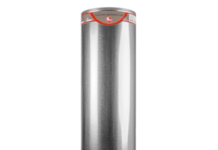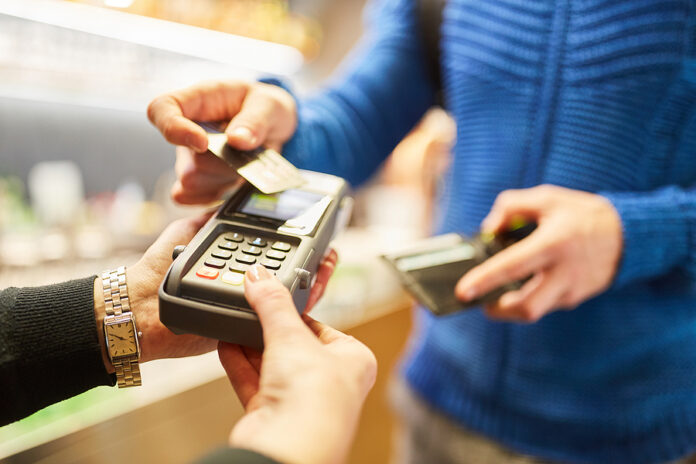Otago University in New Zealand stated that they would be attempting to become a cashless campus and many organisations and businesses feel the same way. Physical money is becoming a thing of the past and with the recent push for contactless payments after COVID-19 more and more establishments want nothing to do with it.
The Reserve Bank of NZ is the sole manufacturer and supplier of banknotes and coins in New Zealand. Imagine the bank being a wholesale distributor to the smaller trading banks that also withdraws damaged or unusable tender to ensure the quality of cash in the economy.
The RBNZ is also in control of the official cash rate which is sued to control inflation of the country. This rate is what other banks pay the reserve bank in addition to a small margin when they need to borrow money (this is the baseline for interest rates in New Zealand). A recent survey in 2017 found that 96 percent of adults in New Zealand used cash. It is also estimated that cash in circulation during the peak COVID-19 period increased by $1 billion. So are we really heading down the track of becoming a cashless society?
The Reserve Bank put out another survey last year to find the future of cash. It found that New Zealand is a long way from becoming a cashless society as of the 3,000 people surveyed – approximately 90 percent still prefer to use cash to pay for items. 75 percent of the sample size also stated that they recall using cash to pay for goods in the week before the survey was conducted. That same percentage also said that they had some sort of cash in their wallet or purse. And six percent of the sample size had only used cash once within the week leading up to the survey.










































